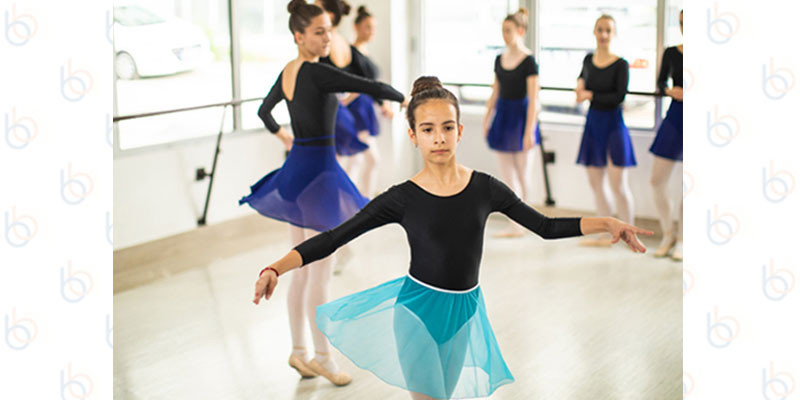Algonquin
How to Handle Bullying
Imagine a world where the words you spoke were written on your skin. Would you be more mindful of what you say? How would the world be different?
Unfortunately, bullying is nothing new. People are not always held accountable for the brutal words they say to others, and those around them suffer for it. This circumstance is especially evident in younger kids. As much as we wish it wasn’t the case, our very own students at Best Brains Algonquin will likely fall victim to harsh words at some point in their time with us.
Half of all children are bullied at some point in school, and only about half of them will report it to a parent, teacher, or other adult. This leaves the other half of these children to face the difficulties of torment all on their own.
So, if your child is part of the half who chooses not to come to an adult about the bullying they’re experiencing, how are you supposed to help them?
Don't worry. There are plenty of ways to detect the effects of bullying in your children without having to rely on their transparency. Here are some key signs that point to something going on with your child that may be slipping under your radar:
- Unusual behavior, not acting like themselves
- Signs of anxiety or depression
- Not partaking in activities they typically enjoy
- Changes in sleeping and/or eating habits
- Easy angry/irritable
If you notice any of these changes in your child, it is best to sit them down and provide them the opportunity to be honest about what is going on. Here are some tools for helping your child feel comfortable being vulnerable with you:
- Be willing to listen. Allow them to say their piece without interruptions.
- Don't force them to speak beyond what they are comfortable sharing. Overstepping will make them withdraw.
- Offer your comfort and support. Your child needs a reminder that they are not alone and you are there to help them through this if they will allow it.
- Even if some of the things they say sound a little silly, take this seriously. Chuckles or snickers can indicate to your child that you don’t believe them and how this has affected them.
- Thank them for sharing with you. It is difficult to be vulnerable, even with somebody you love. Show them that you appreciate their willingness to do a difficult thing.
Now that your kiddo has shared their experience with you, what next?
- Inform the establishment. Whether this is school, daycare, or afterschool activities, the administrators should be aware so they can handle the situation when you are not present.
- Usually, it is best not to confront the parent of the bully. However, at the end of the day that is up to your discretion.
- Work to help your child move on and rebuild their confidence. This can be done by providing them healthy tools to move forward with their bully, daily affirmations, and constant support. Everybody fares a bit better knowing they have a strong support system, so don’t let your child forget that you are always there.
- Encourage consistent communication. Check in with your kiddo as frequently as you see fit to make sure you are keeping tabs on how the situation is going.
At Best Brains Learning Center Algonquin, we create a learning environment that is not only healthy and positive, but also one that is closely monitored by our board-certified teachers to ensure the integrity of this environment. Our teachers develop healthy communicative relationships with students so that they feel comfortable enough to express their feelings, including negative ones. We are candid with parents about what is going on during classes at our center, as we are constantly working to maintain a constructive setting that is ideal for enrichment.
If you are ever concerned about the well-being of your child, speak up! Your child’s happiness and comfort are of the utmost importance.




